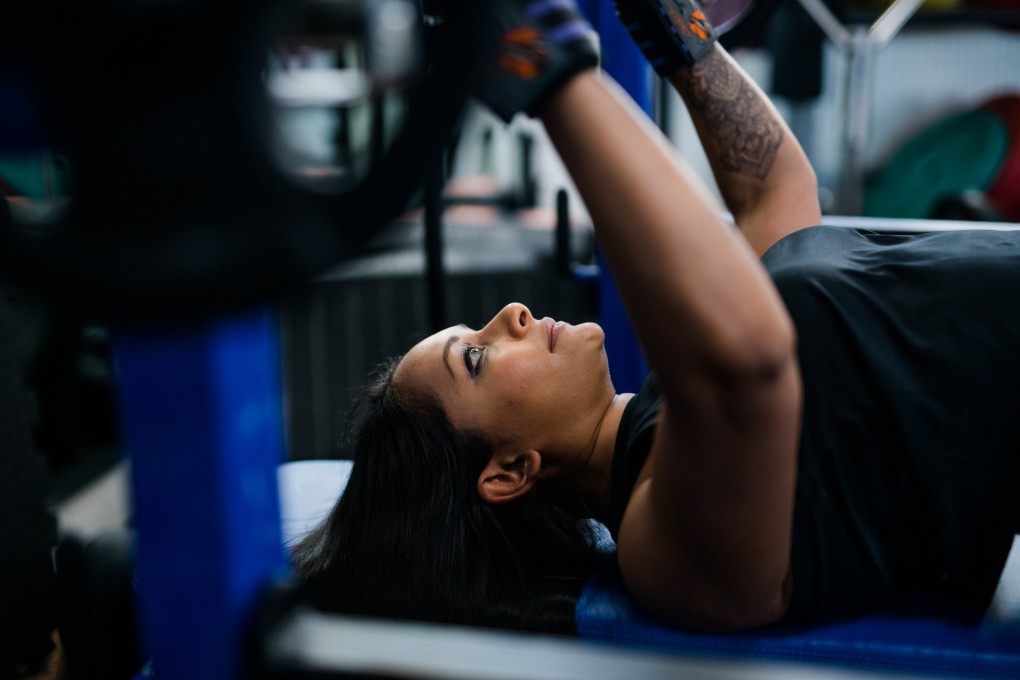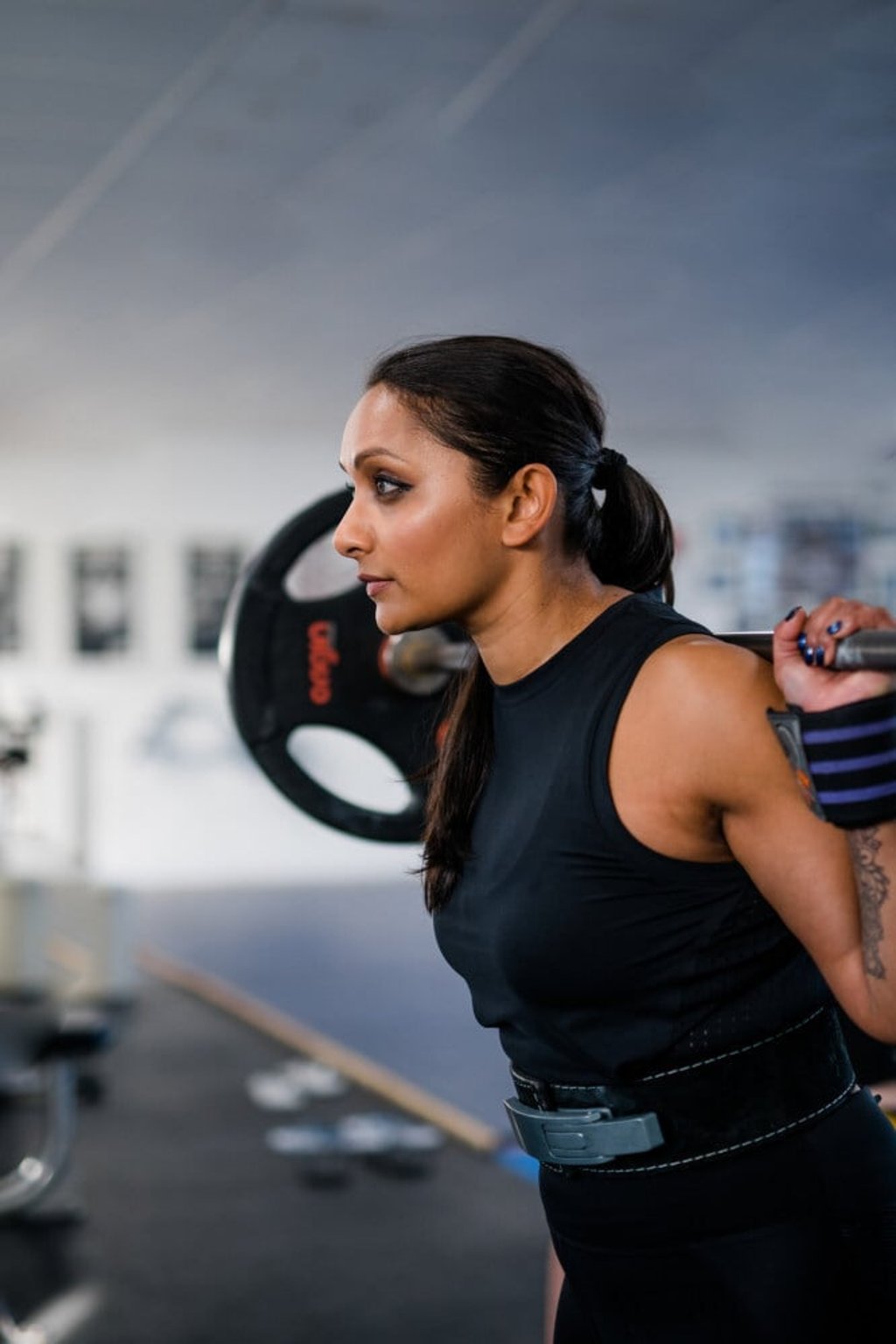Advertisement
Powerlifting helped her overcome grief. Now she dead lifts 100kg and wants other women to know about building inner strength
- After her husband died, Poorna Bell started lifting weights to become physically stronger. She discovered it made her mentally stronger, too
- ‘It feeds into a positive mindset and builds confidence,’ says Bell, who is keen to share with others her message about the empowerment strength training brings
4-MIN READ4-MIN

The diminutive powerlifter grasps the barbell laden with 100kg (220 pounds) weights, torso perpendicular to the floor, hoists it to hip level, pauses, then sets it down again. Having dead lifted nearly twice her weight, a personal best, she exhales a sigh of satisfaction.
Just two years ago, Poorna Bell was more than a little intimidated at the thought of powerlifting. Big, muscled men lifting excessively heavy weights were all she, a 5ft 3in (1.6 metre) South Asian woman, could picture. Holding a barbell or even walking into the free weights section of a gym were unimaginable.
Now the 40-year-old is a competitive powerlifter.
Advertisement
The London-based journalist and author took up weight training after her husband, Rob, died by suicide in 2015.

She was 34. His death upended her life and sucked her into a vortex of grief. A year later, she was hit with a realisation: she needed to build the strength, mentally and physically, to carry on without him.
Advertisement
“I started lifting weights with this one-dimensional goal of getting physically stronger and being more capable,” she says, of her decision to hire a personal trainer and enter the daunting weights room.
Advertisement
Select Voice
Select Speed
1.00x